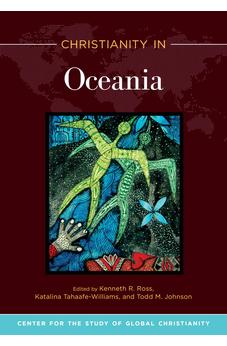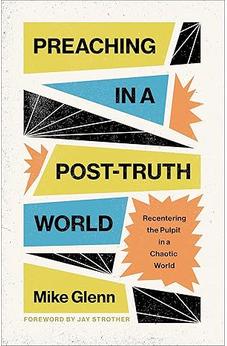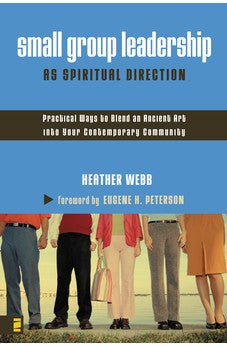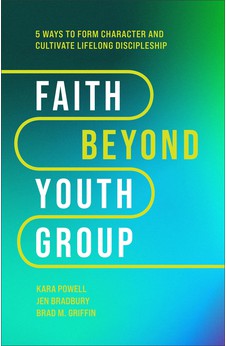The New Faces of Christianity: Believing the Bible in the Global South
3 Great Reasons to Buy from Us:
Named one of the top religion books of 2002 byUSA Today, Philip Jenkins's phenomenally successfulThe Next Christendom permanently changed the way people think about the future of Christianity. In that volume, Jenkins called the world's attention to the little noticed fact that Christianity'scenter of gravity was moving inexorably southward, to the point that Africa may soon be home to the world's largest Christian populations. Now, in this brilliant sequel, Jenkins takes a much closer look at Christianity in the global South, revealing what it is like, and what it means for the future. The faith of the South, Jenkins finds, is first and foremost a biblical faith. Indeed, in the global South, many Christians identify powerfully with the world portrayed in the New Testament--an agricultural world very much like their own, marked by famine and plague, poverty and exile, untilvery recently a society of peasants, farmers, and small craftsmen. In the global South, as in the biblical world, belief in spirits and witchcraft are commonplace, and in many places--such as Nigeria, Indonesia, and Sudan--Christians are persecuted just as early Christians were. Thus the Biblespeaks to the global South with a vividness and authenticity simply unavailable to most believers in the industrialized North. More important, Jenkins shows that throughout the global South, believers are reading the Bible with fresh eyes, and coming away with new and sometimes startling interpretations. Some of their conclusions are distinctly fundamentalist, but Jenkins finds an intriguing paradox, for they are alsofinding ideas in the Bible that are socially liberating, especially with respect to women's rights. Across Africa, Asia, and Latin America, such Christians are social activists in the forefront of a wide range of liberation movements. It's hard to overstate how interesting, how eye-opening, how frequently surprising (and sometimes disturbing) Jenkins' findings are. Anyone interested in the implications of these trends for the major denominations, for Muslim-Christian conflict, and for global politics will findThe New Facesof Christianity provocative and incisive--and indispensable.From Publishers WeeklyStarred Review. In his highly acclaimedThe Next Christendom (2002), Jenkins boldly proclaimed that the center of Christianity was moving slowly out of Europe and North America to Latin America, Africa and Asia. By 2025, he points out, Africa and Latin America will compete over which area is most Christian. In this compelling sequel, Jenkins probes more deeply the differences between northern and southern Christianity, examining various elements that characterize Christian life, especially belief in the Bible. He argues that the mostly agrarian Christian communities in Latin America, Africa and Asia resemble early Christian communities, enabling southern-hemisphere Christians to read the Bible with fresh eyes. Such communities read the Bible communally rather than individually, and they read it less critically and more literally than their North American and European counterparts. Explosive debates over the ordination of women and homosexuals and the authority of the Bible in various global denominations-such as the Anglican Communion-illustrate not only the stark theological differences between North and South but also the sheer size of the southern communions influencing the debate. As part of a proposed trilogy (his book on Europe's coming religious struggle is scheduled for late 2007), Jenkins's prescient religious histories offer brilliant insights on the state of modern Christianity.(Sept.)Copyright © Reed Business Information, a division of Reed Elsevier Inc. All rights reserved.From BooklistThe Africans and Asians who are the world's newest Christians understand the Bible differently than Europeans and North Americans do, Jenkins argues, although probably not much differently than the earliest Christians




































